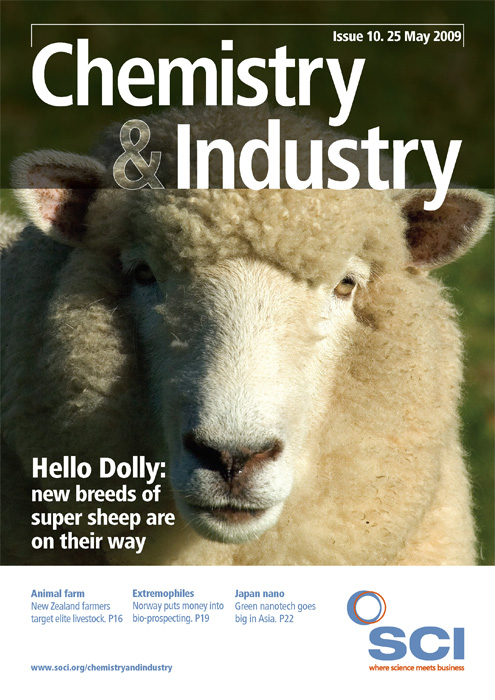Minnesota has become the first USstate to ban babies’ bottles that contain bisphenol A (BPA), to fierce criticism from the chemical industry.
The bill, signed by governor Tim Pawlenty on 7 May 2009, will affect products intended for use by children under the age of three, including baby bottles and sippy cups. It will come into effect from 2011.
Other states may soon follow suit. Connecticut, California, Oregon, Hawaii and several others are considering similar legislation.
The American Chemistry Council condemned the move as ‘unwarranted’. ‘This Minnesota law is contrary to the global consensus on the safety of BPA and ignores the expert evaluations of scientists and government bodies from around the world,’ the organisation said in a statement.
The US Food and Drug Administration (FDA) says: ‘FDAregulated products containing BPA currently on the market are safe and… exposure levels to BPA from food contact materials, including for infants and children, are below those that may cause health effects.’
But this has not stopped legislators taking action. In April 2008, Canada banned the sale of baby bottles containing BPA, prompting US retailers to begin pulling products (C&I 2008, 18, 7). Walmart announced that it would stop selling BPA baby bottles from early this year. In a similar move, Nalgene, the company behind the clear water bottles popularised by athletes, announced that it would stop using polycarbonate, which contains BPA, citing consumer opposition.
In November 2008, US chemical company Sunoco stopped selling BPA for the manufacture of ‘food and water contact applications for children under three years of age’.
BPA is used as a monomer and an additive in a variety of plastics and coatings, notably polycarbonate, the hard, clear plastic used to make several types of bottle.





